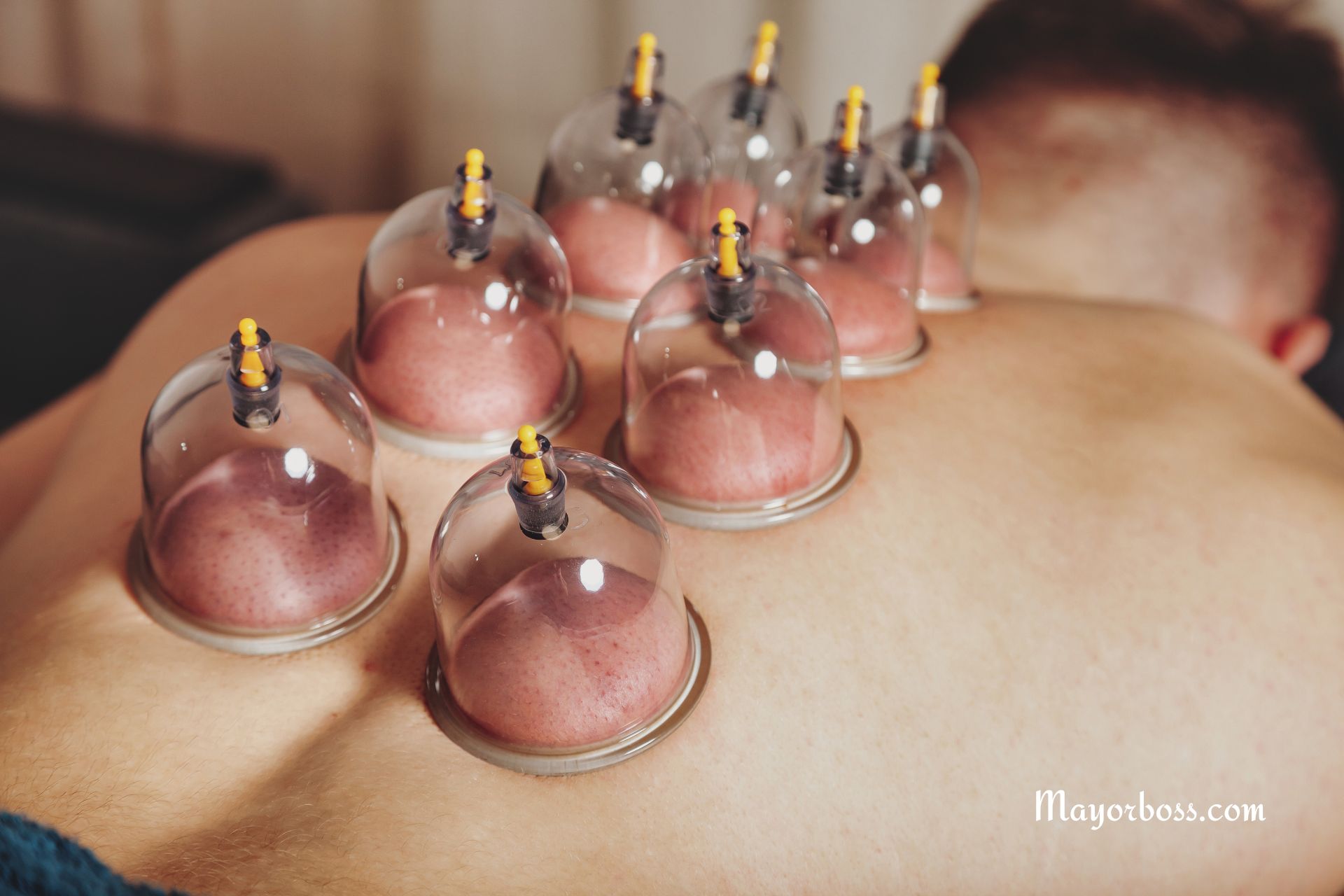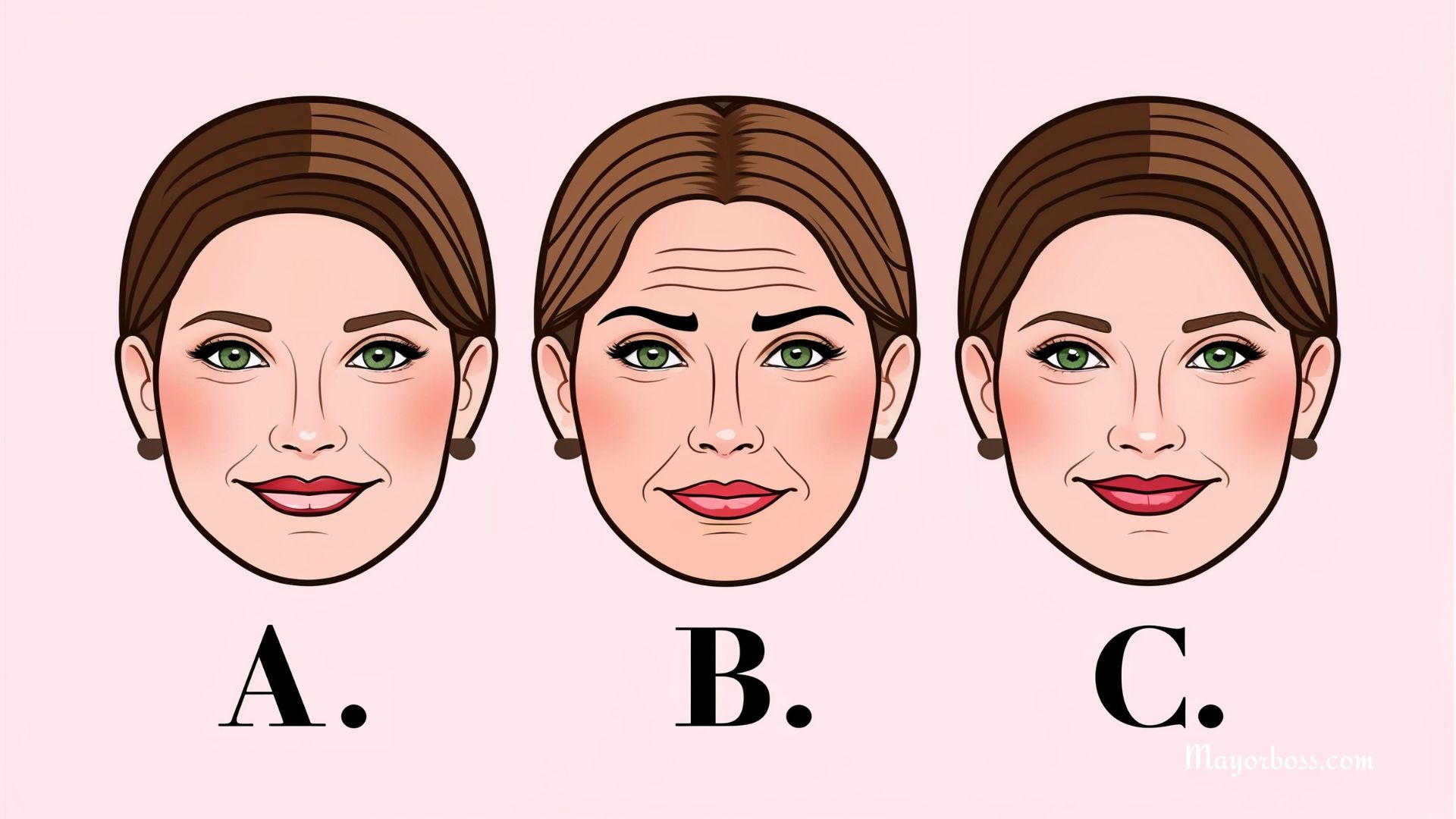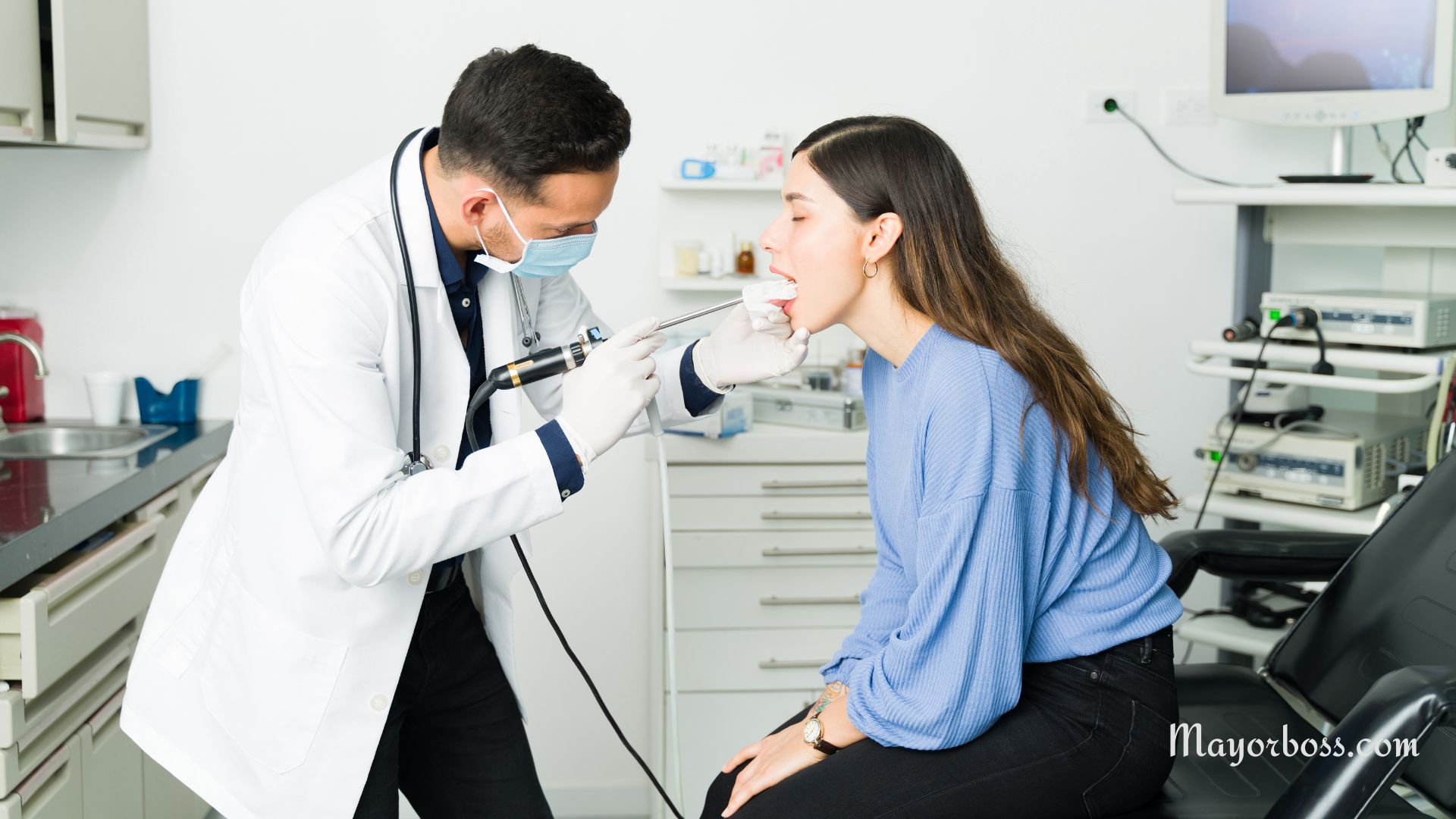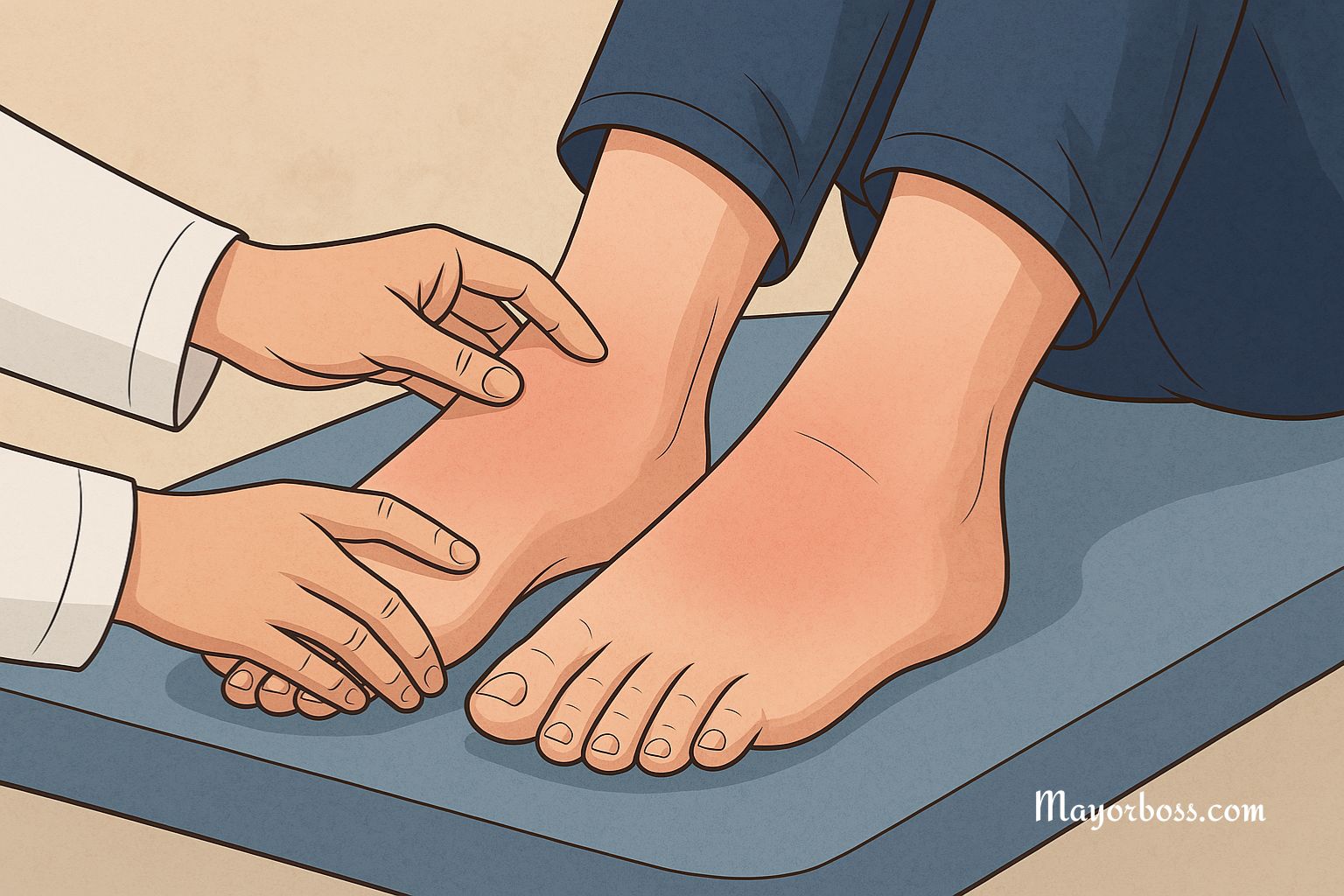HPV Bumps on the Tongue: Causes, Symptoms, and Treatment
HPV bumps on the tongue are small growths caused by the human papillomavirus. These painless or slightly tender bumps may appear as smooth, raised, or cauliflower-like lesions. They are usually harmless but should be checked by a doctor, as treatment may be needed to reduce discomfort or prevent spreading.

What Are HPV Bumps on the Tongue?
The human papillomavirus (HPV) is a common virus that can infect various parts of the body, including the mouth and throat.1 When HPV affects the tongue, it may cause small, fleshy bumps or growths to develop. These bumps can look different from person to person. They may be flat, raised, smooth, or have a rough, cauliflower-like surface.
HPV is one of the most widespread viruses worldwide. Most people will come into contact with HPV at some point in their lives. While HPV is better known for causing warts on the skin or affecting the cervix, it can also infect the mouth and tongue.2
What Causes HPV Bumps on the Tongue?
HPV bumps on the tongue happen when the virus enters tiny breaks in the mouth’s lining. This usually occurs through direct contact. Here are the main ways the virus can spread:
Not everyone exposed to HPV will develop visible bumps. Often, the body’s immune system clears the virus without any signs or symptoms.
What Do HPV Bumps on the Tongue Look Like?
HPV bumps on the tongue can be easy to miss, especially if they are small or located near the back of the mouth. Here’s what you may notice:
It’s important to remember that not all bumps on the tongue are caused by HPV. Other conditions, such as irritation, canker sores, or fungal infections, can also cause similar symptoms.
Symptoms
In most cases, HPV bumps on the tongue do not cause severe pain or discomfort. However, some people may notice the following symptoms:
If you notice a bump that is growing, bleeding, or not healing after two weeks, consult a doctor or dentist. These signs could indicate a more serious condition that requires prompt attention.
Are HPV Bumps on the Tongue Dangerous?
Most HPV bumps on the tongue are harmless and benign. They are called “oral papillomas.”4 Usually, they do not turn into cancer. However, some high-risk types of HPV are linked to cancers of the mouth and throat. These types are much less common.
If you have any doubts or if a bump looks unusual, gets bigger, or causes pain, see a healthcare professional.
How Are HPV Bumps on the Tongue Diagnosed?
To diagnose HPV bumps on the tongue, a healthcare provider will:
Most cases do not require complex tests, but a biopsy is the best way to rule out other conditions, including cancer.
Treatment Options for HPV Bumps on the Tongue
Most HPV bumps will go away without treatment as the immune system clears the infection. However, treatment may be needed if the bumps cause discomfort or do not disappear.
Common Treatments Include:
Always follow your healthcare provider’s advice for treatment and follow-up.
Can You Prevent HPV Bumps on the Tongue?
There are steps you can take to lower your risk of developing HPV bumps on the tongue:
When to See a Doctor
You should see a doctor or dentist if you notice:
Frequently Asked Questions (FAQs)
1. Can HPV bumps on the tongue turn into cancer?
Certain high-risk HPV types increase the risk of oral cancers, but most HPV bumps are benign. Regular monitoring is important.
2. How long do HPV bumps on the tongue last?
They may last weeks to months. Some resolve on their own, while others need treatment.
3. Is oral HPV contagious?
Yes. Oral HPV spreads through intimate contact like kissing and oral sex.
4. Can HPV infection be prevented?
Yes. Vaccination, safe sex practices, and avoiding tobacco help prevent infection.
5. Will treatment remove HPV completely?
Treatment removes visible bumps but does not cure the virus itself. The immune system may clear it over time.
References:
- https://www.nhs.uk/conditions/human-papilloma-virus-hpv/ ↩︎
- https://www.thelancet.com/journals/langlo/article/PIIS2214-109X(23)00305-4/fulltext ↩︎
- https://my.clevelandclinic.org/health/diseases/15010-oropharyngeal-human-papilloma-virus-hpv-infection ↩︎
- https://www.cancer.gov/publications/dictionaries/cancer-terms/def/oral-papilloma ↩︎






